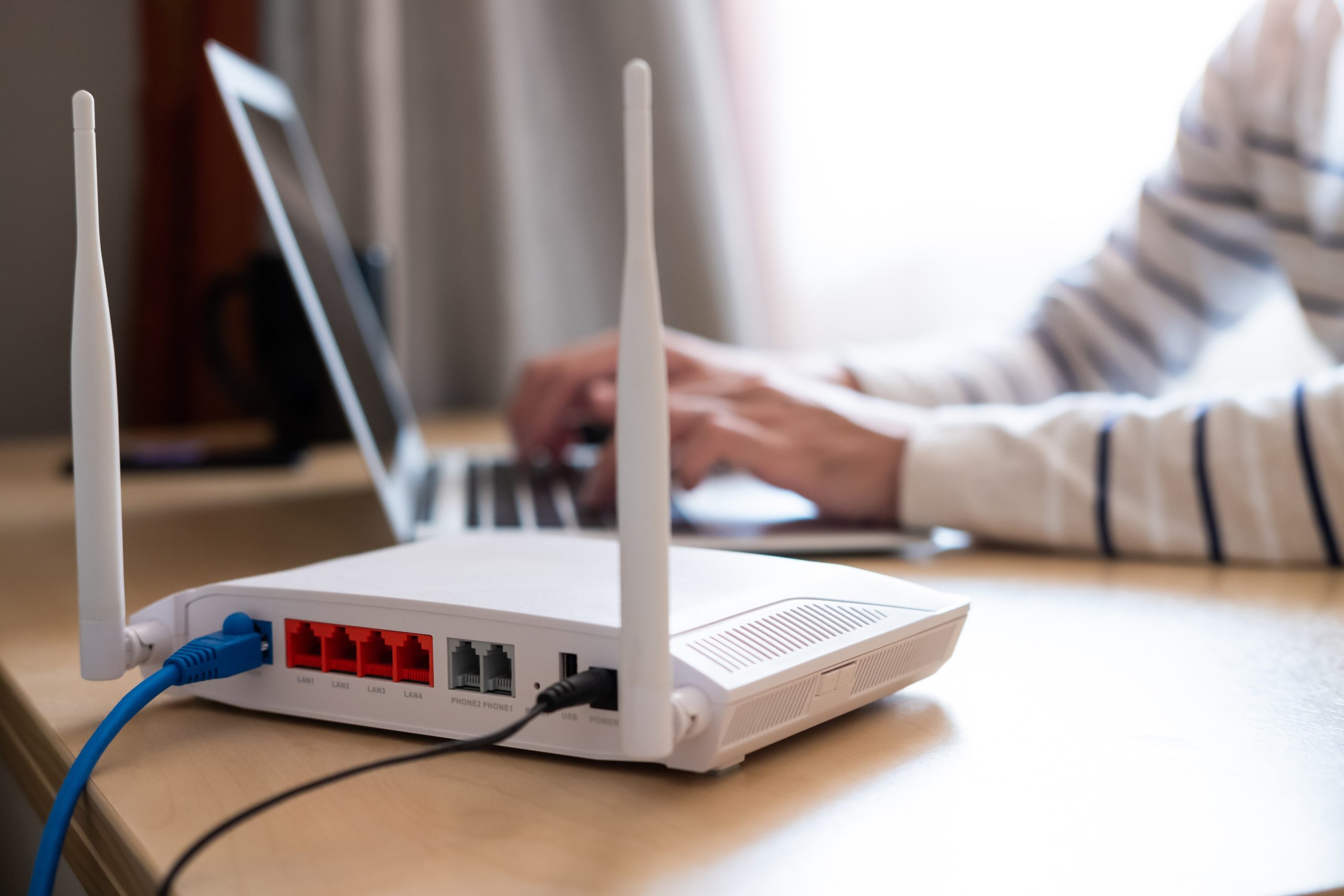In the modern age of digital connectivity, a fast and reliable internet connection is essential. Fiber internet has emerged as the premier choice for many homes and businesses, offering a wide range of benefits that set it apart from traditional copper-based connections.
This article will explore the advantages of fiber internet, how it works, and how to decide if fiber optic internet is right for your home or business.
What is Fiber Internet?
Fiber internet is a high-speed broadband connection that uses strands of glass or plastic, known as optical fibers, to transmit data as light signals. Because traditional connections are copper-based, such as DSL or cable internet, they rarely are able to provide the speed and reliability that a fiber internet connection can offer.
Fiber-optic cables are less susceptible to interference from electromagnetic signals and environmental factors, which results in a more stable and consistent internet connection.
Additionally, they are more secure and more difficult to tap into compared to copper cables, offering enhanced security for your data transmissions.
How Does Fiber Internet Work?
When you access the internet, your device sends and receives data packets. In the case of fiber internet, these data packets are converted into light pulses using a process called modulation.
This is done using a device known as a transceiver, which is responsible for converting electrical signals from your device into light signals that can travel through the fiber-optic cables.
Unlike traditional copper-based internet connections, which use electrical signals to transmit data, fiber internet relies on light pulses to transmit data at incredibly high speeds.
The optical fibers are extremely thin strands of glass or plastic, each about the diameter of a human hair, that guide these light pulses over long distances with minimal signal loss. This is achieved through a phenomenon called total internal reflection, which keeps the light pulses contained within the fiber.
Multiple optical fibers are bundled together and protected by layers of material to form fiber-optic cables. These cables are responsible for carrying the light pulses across vast distances, both underground and overhead, without significant interference or signal degradation.
Fiber-optic cables can transmit data over much greater distances and at higher speeds when compared to traditional copper cables.
At each end of the fiber-optic connection, there is an optical network terminal, which is responsible for converting the light signals back into electrical signals that can be understood by your devices. The ONT is typically installed at your home or business premises and connects to your modem or router.
Once the light signals are converted into electrical signals by the ONT, they are sent to your modem, which further decodes and processes the data. The modem is connected to a router, which distributes the internet connection to your various devices through wired or wireless connections.
What Are the Benefits of Fiber Internet?
The benefits of having fiber internet include improved speed, increased reliability, consistent download and upload speeds, and more.
Improved Speed
Fiber internet benefits include significantly faster speeds than traditional copper-based connections. It can provide speeds of up to 1,000 Mbps (1 Gbps) or even higher, allowing for seamless streaming, online gaming, and video conferencing.
The high-speed capabilities of fiber internet make it ideal for households and businesses that require large amounts of bandwidth for various applications.
Increased Reliability
Optical fibers are less susceptible to interference and signal degradation than copper wires. This means fiber connections are more reliable, with fewer outages and less downtime.
Fiber internet is also more resilient in extreme weather conditions, ensuring you stay connected even during storms and other adverse events.
Consistent Speed for Downloading and Uploading
Unlike some other types of internet connections, fiber internet offers symmetrical speeds, meaning that the download and upload speeds are the same.
This is especially useful for activities like uploading large files, streaming live video, or participating in video conferences, which require a consistent connection for sending and receiving data.
Connect With Multiple Devices
Fiber internet can easily accommodate multiple devices connected simultaneously without experiencing a significant drop in speed or performance.
This makes it an excellent choice for households with multiple users and smart devices, as well as businesses with numerous employees and devices requiring a stable connection.
Improved Security
Fiber-optic connections are inherently more secure than copper-based ones. The nature of fiber-optic technology makes it difficult to intercept or tamper with the data transmitted over the network.
This heightened level of security is particularly important for businesses that handle sensitive information and require a secure connection to protect their data.
Free Installation
Many internet service providers (ISPs) offer free installation of fiber internet as an incentive for customers to make the switch. This can save you the upfront costs of equipment and labor that are typically associated with setting up a new internet connection.
Get Advice on Fiber Internet
Ready to make the switch to fiber internet that won’t let you down? Oplink’s fiber internet options are always reliable and affordable, no matter your requirements.
Contact us today and get speeds up to 5 Gbps in your business or home!







